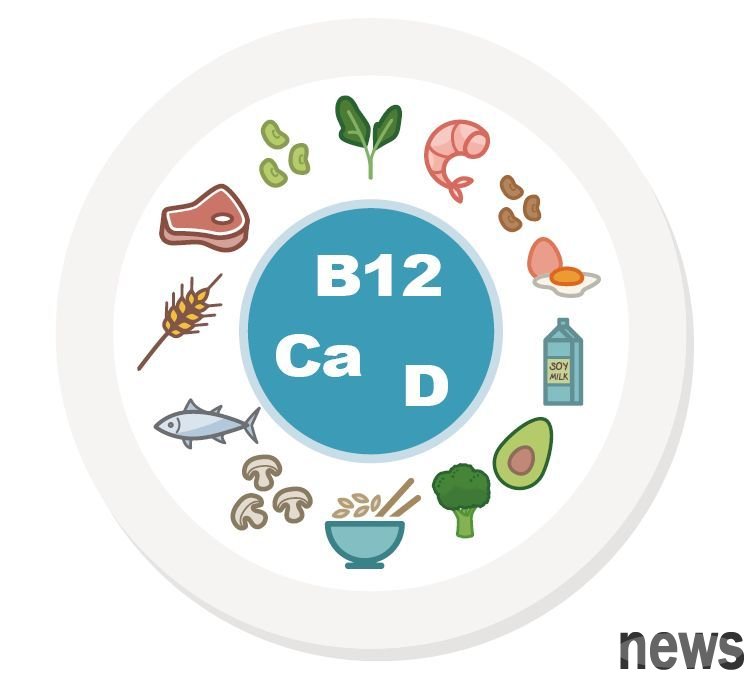[The key points of this article] As we grow older, the nutrient supplements that humans need will also change. Nutritional supplements required for age 50 include calcium, vitamin D and vitamin B12. The lack of these three nutrients can have a negat...
 [The key points of this article] As we grow older, the nutrient supplements that humans need will also change. Nutritional supplements required for age 50 include calcium, vitamin D and vitamin B12. The lack of these three nutrients can have a negative impact on bone quality, immune system, neurology, etc. The National Hospital recommends that women over 51 take 1,200 mg of calcium per day and men take 1,000 mg of calcium per day, so as to increase the amount of vitamin D and vitamin B12 as they grow older. Foods containing fat help the absorption of vitamin D, and vitamin B12 can be obtained from fish, meat, eggs, milk and other foods. --by ChatGPT
[The key points of this article] As we grow older, the nutrient supplements that humans need will also change. Nutritional supplements required for age 50 include calcium, vitamin D and vitamin B12. The lack of these three nutrients can have a negative impact on bone quality, immune system, neurology, etc. The National Hospital recommends that women over 51 take 1,200 mg of calcium per day and men take 1,000 mg of calcium per day, so as to increase the amount of vitamin D and vitamin B12 as they grow older. Foods containing fat help the absorption of vitamin D, and vitamin B12 can be obtained from fish, meat, eggs, milk and other foods. --by ChatGPTAfter the age of 50, you may need only three nutrient supplements: calcium, vitamin D and vitamin B12. Professor Lingtak-Neander Chan, Pharmacy at the University of Seattle Washington Medical College, said that these three nutrients are very important.
If you have a shortage, you can easily break or break or even fall due to loose bone quality. If the rich foods such as dairy products and green leaves vegetables are not absorbed enough, the body will "come" from the bones to further weaken the bones. People who do not often exercise resistance will suffer more bone loss.
The US Hospital recommends that women over 51 take 1,200 mg (mg) of calcification every day, 1,000 mg for men aged 51-70 and 1,200 mg for men aged 71 or above.
vitamin D and calcin are taken together to aid absorption and also help with bone health. Vitamin D has benefits for immune systems, neural systems and even the heart. Obesity and lack of sunlight are the main causes of vitamin D deficiency. The sun is sung through the glass window, which does not help the absorption of vitamin D.
The amount of vitamin D absorption recommended by the National Hospital: 15 micrograms (mcg) per day for adults aged 19-70/600 international units (IU), 20mcg/800IU per day for adults aged 71 or above. If you take vitamin D supplements, it is best to eat them with fat-containing foods, which are easiest to absorb.
Vitamin B12 is important for blood, neurologic and genetic health, but it is also difficult to absorb as you age. Vegetarians, people taking diabetes metformin and gastric acid drugs are more likely to be deficient in vitamin B12. If vitamin B12 is insufficient, it is more prone to blood, numbness, imbalance, depression, confusion, and memory loss.
The US Hospital recommends that adults consume an average of 2.4mcg per day, and add fish, meat, eggs, milk, clams, beef liver and rice tablets, which are all sources of vitamin B12.
Responsible editor: Gu Zihuan